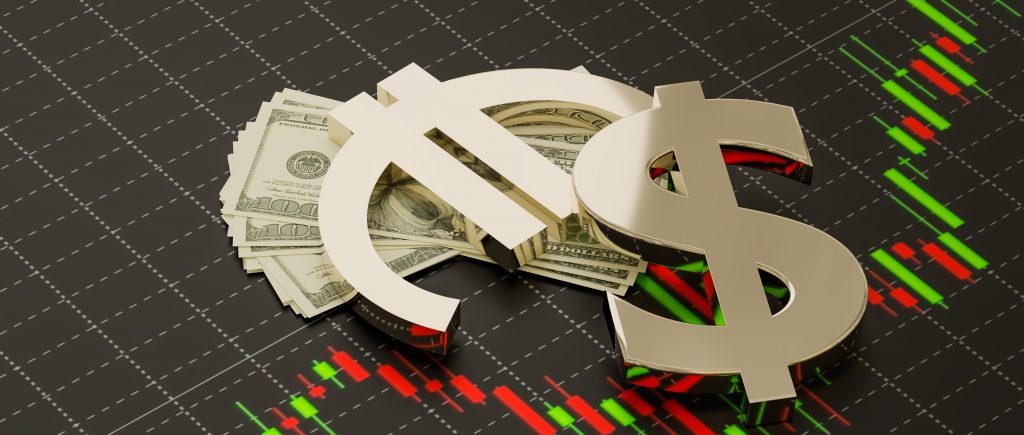The EUR/USD pair rallied benefiting from the weaker US dollar and ECB hawkish commentary. The US central bank Chair Jerome Powell’s speech on Tuesday did not provide any guidance concerning the future of the US monetary policy ahead of the awaited Thursday’s US CPI report with estimates at 0% MoM while annual based is estimated at 6.5%. The so-called Core CPI is foreseen at 0.3% MoM, a tick higher than the previous month, while yearly, it is estimated to come at 5.7%.
The Euro resumed its uptrend versus the US dollar and managed to rise to an eight-month new high around 1.0776, ahead of the release of the CPI data in the US, which is foreseen to slow down. The pair slid from 1.0759 and is trading around 1.0740 for a while after hitting a daily low of 1.0725. it is worth mentioning that the Euro climbed on hawkish ECB commentary and expectations that US inflation would ease.
EUR/USD bulls take a breather around the highest levels since June 2022, marked the previous day, as they brace for the key US Consumer Price Index data for December during early Thursday. In doing so, the pair prints mild gains before sliding to 1.0764 at the time of writing. If the pair can break past 1.0805, the sure closer to 1.0965 cannot be ruled out.
US stocks continue to rally ahead of the release of the CPI reading. The lack of US economic data releases and Powell’s speech left the EUR/USD adrift to speculations that US inflation would ease, which could pave the way for a less aggressive Fed. Consequently, the EUR/USD rose steadily.
Several ECB officials’ hawkish commentaries included ECB’s Schnabel who said that “interest rates will still have to rise significantly” and that “inflation will not subside by itself.” On Wednesday, ECB’s Francois Villeroy said that the ECB should reach its terminal rate by the summer.
ECB’s Robert Holtzmann added that “rates will have to rise significantly further to reach levels that are sufficiently restrictive to ensure a timely return of inflation to target.” Echoing some of his comments was Olli Rehn, who added that rates need to rise “significantly” in the next couple of meetings and reach restrictive levels to dampen inflation.
 Noor Trends News, Technical Analysis, Educational Tools and Recommendations
Noor Trends News, Technical Analysis, Educational Tools and Recommendations





